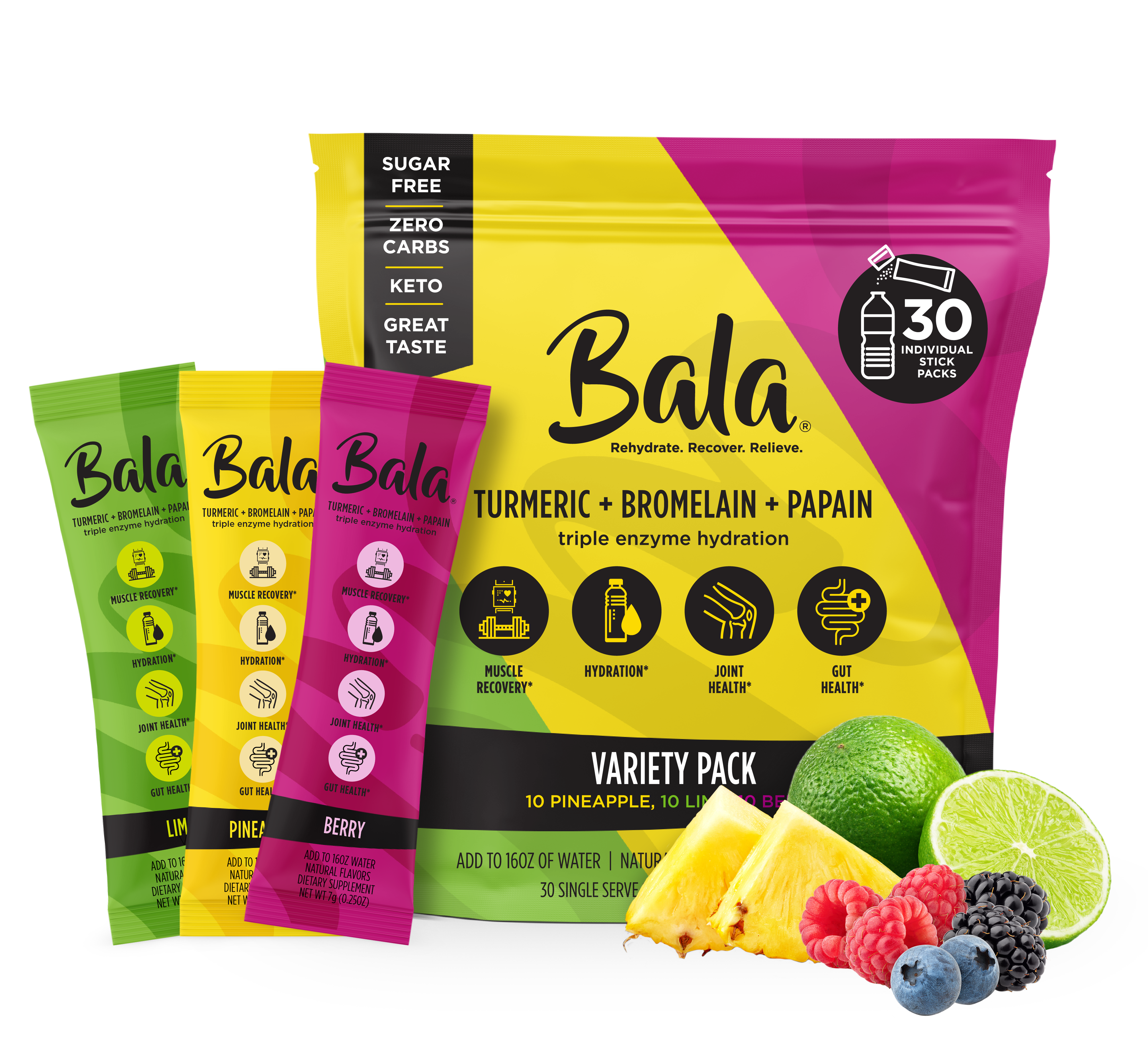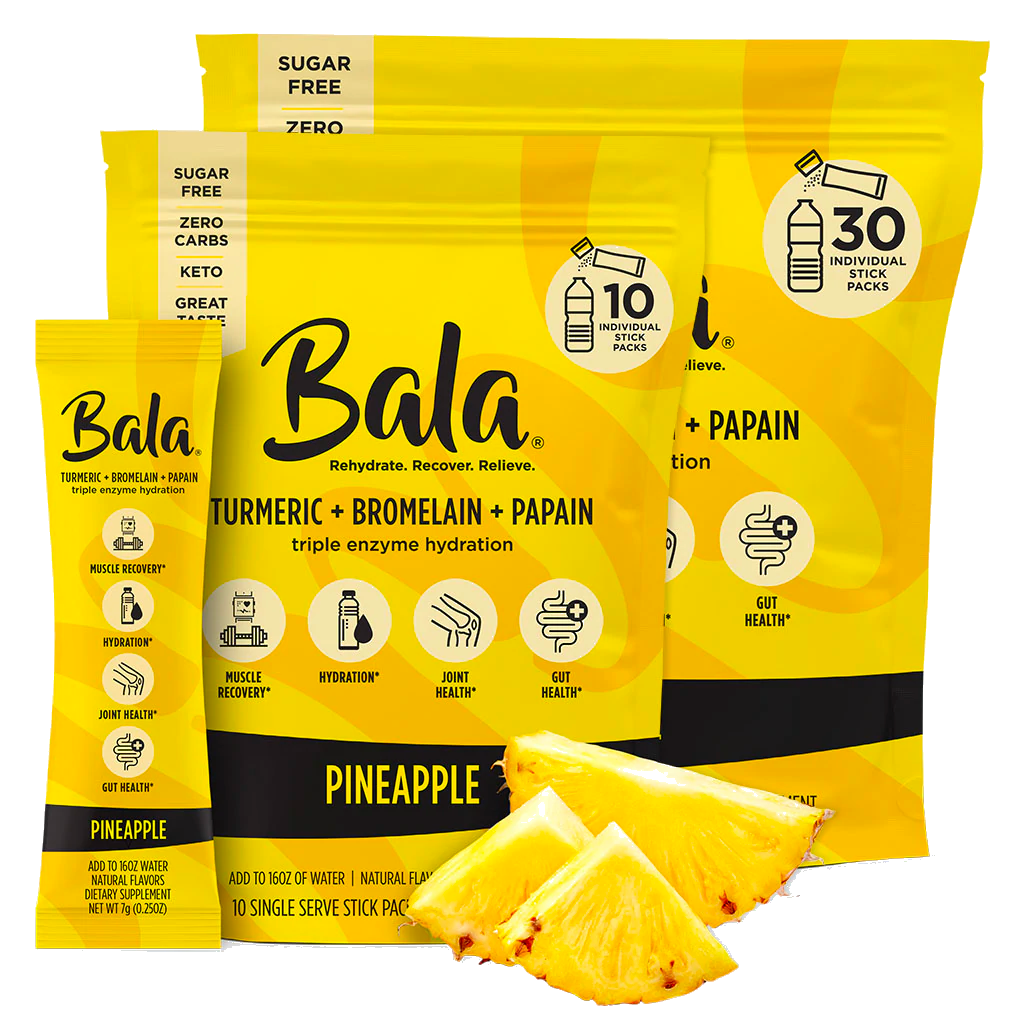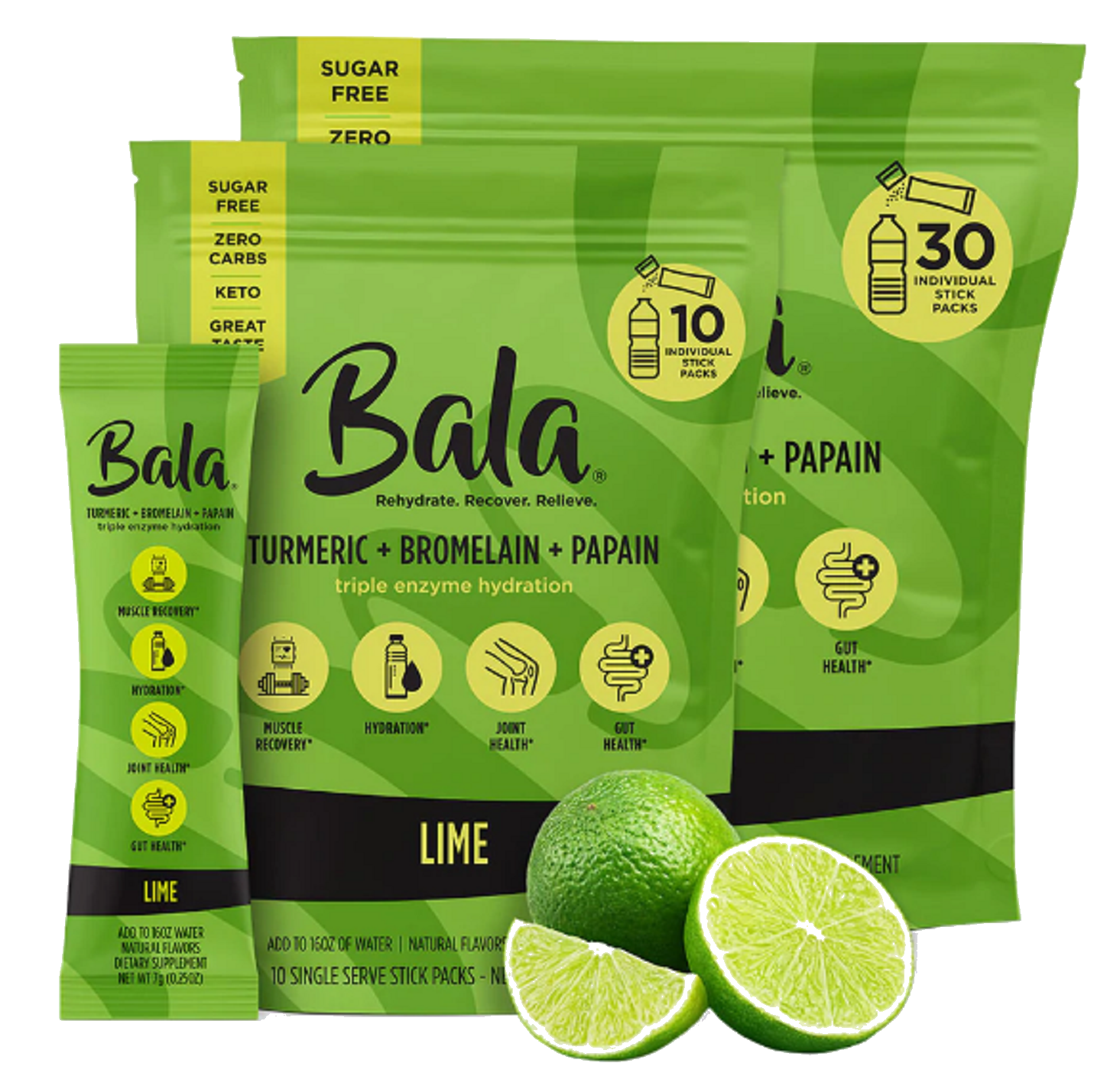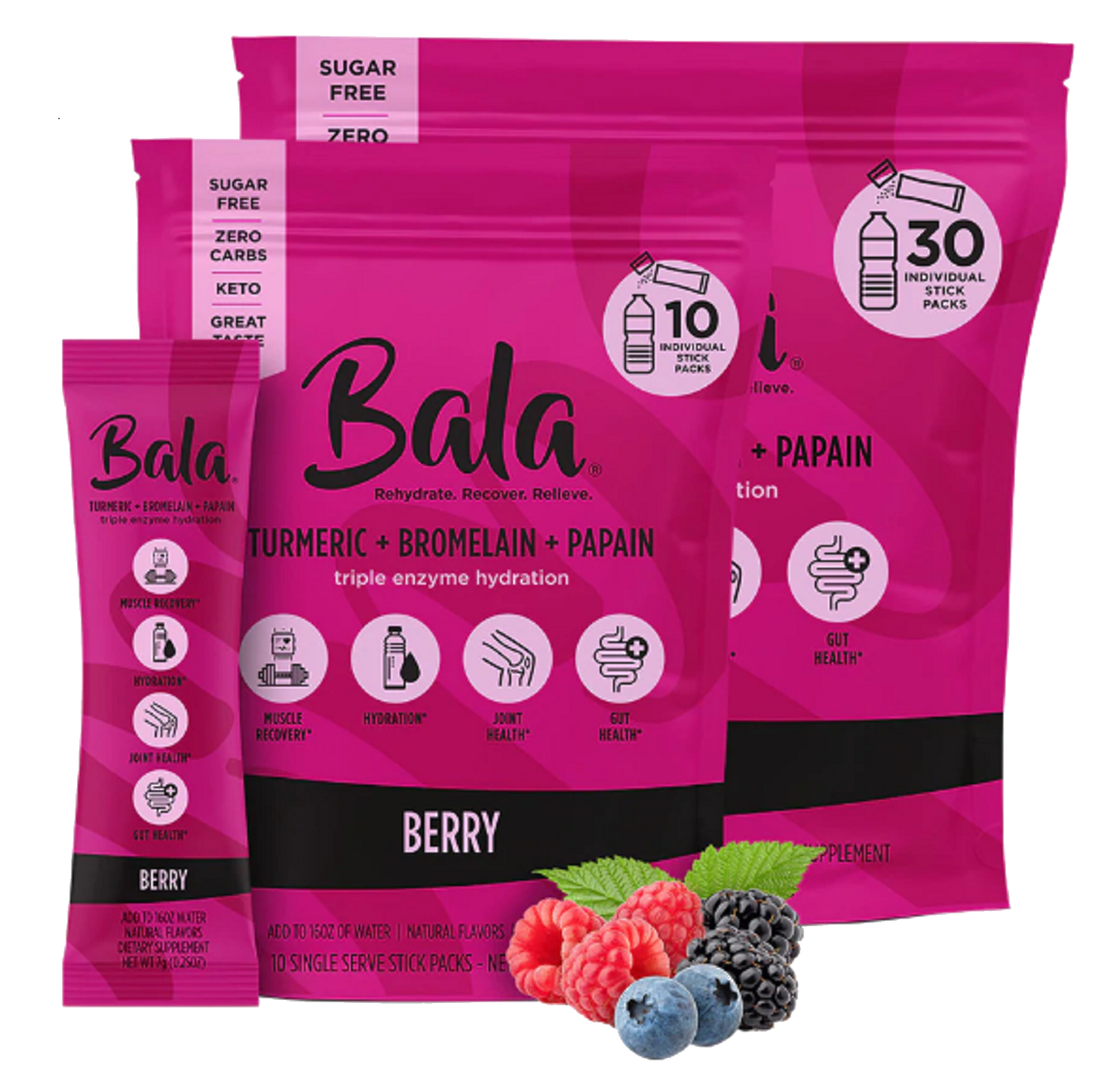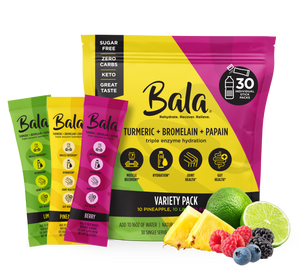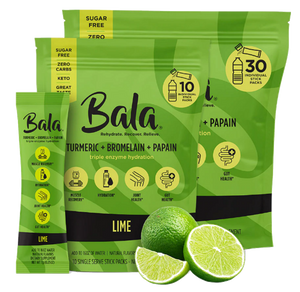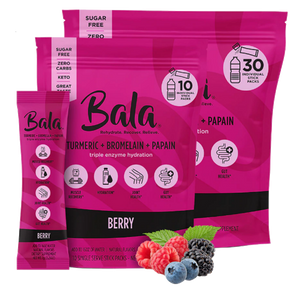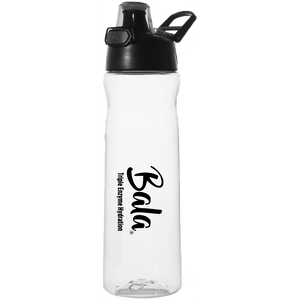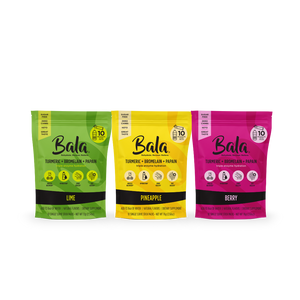When you eat, your digestive system breaks down the carbohydrates from the food into glucose, a simple sugar. Your body then absorbs this glucose into the bloodstream with a hormone called insulin to use as the body’s primary energy source. People with diabetes either do not produce enough insulin or their cells do not respond to the hormone appropriately, causing blood glucose levels to become too high.
Type 2 diabetes, the most common form, occurs when your body stops producing enough insulin or when cells become resistant to the insulin produced, leading to chronically elevated blood sugar levels. Most people believe eating excess sugar can cause diabetes, which is a misconception. While eating large amounts of added sugar may increase your risk of type 2 diabetes, various influences such as overall diet, lifestyle, and hereditary factors also impact your risk.
Managing Sugar and Carb Intake as a Diabetic
For people with diabetes, it is critical to consider the total amount of carbohydrates and not just sugar. All types of carbohydrates can affect blood glucose levels. Some foods may contain little or no sugar but a lot of carbohydrates. The amount of carbohydrate and sugars a person with diabetes can eat depends on their level of exercise, and whether they are trying to lose weight and lower their blood sugar levels. Carefully monitoring carbohydrate and sugar intake is vital when managing diabetes. Even though people with type 2 diabetes need to manage their diet, an occasional sweet in an overall healthy diet can still be okay. However, when you eat more sugar than your body can use for energy, the excess will be converted into fatty acids and stored as body fat.
Both natural and added sugars are present in foods. Simple sugars tend to raise blood glucose levels faster and higher than complex carbohydrates, such as whole wheat and oatmeal. However, natural sugars that exist in fruits and vegetables and have not been added during manufacturing or processing don’t have the same effect. These types of sugar are digested and absorbed more slowly and less likely to cause blood sugar spikes due to their fiber, antioxidants, and other nutrients.
Read Nutritional Labels
In the U.S., all packaged food and drink products display a Nutrition Facts label and knowing how to read this label can help diabetics determine the potential impact of a food or drink. The four most important numbers for diabetics to review are total sugars (including added sugar), serving size, total carbohydrates, and calories. People with diabetes should always look at the number of total carbohydrates, not just sugar, when deciding whether or not to eat a particular food, otherwise, they may end up underestimating the food’s impact on their blood glucose levels.
Secondly, it is important to understand the ingredients that go into a food or drink. Sugar alternatives are often added to foods which are commonly described as “low sugar,” “diet,” or “sugar-free,” however, these foods can still impact a person’s blood sugar levels. For instance, maltodextrin is often used as a sweetener in replacement of sugar and is added in many “diet” foods, but maltodextrin actually causes more spikes in blood glucose levels than white sugar. Knowing and understanding these ingredients will be key to managing your diet, whether you are diabetic or not.
Multiple studies have found that drinking sugar-sweetened beverages contribute to a roughly 25% greater risk of type 2 diabetes, regardless of the weight gain it may cause. Taking one small change at a time will result in making a great impact on lowering your risk factor or managing your diabetes. If reducing your intake of added sugars feels overwhelming, start by reducing your intake of sugar-sweetened beverages. Replacing them with Bala will help you stay hydrated and cut back on sugar while still enjoying a sweet flavor, so you don’t have to feel deprived. Or, incorporating diabetic-safe sugar alternatives to your food and drinks can help you cut back on your sugar intake as well. It’s always best to consult your doctor or a registered dietician to help guide you on what your diet needs are if you are feeling unsure of where to start.
